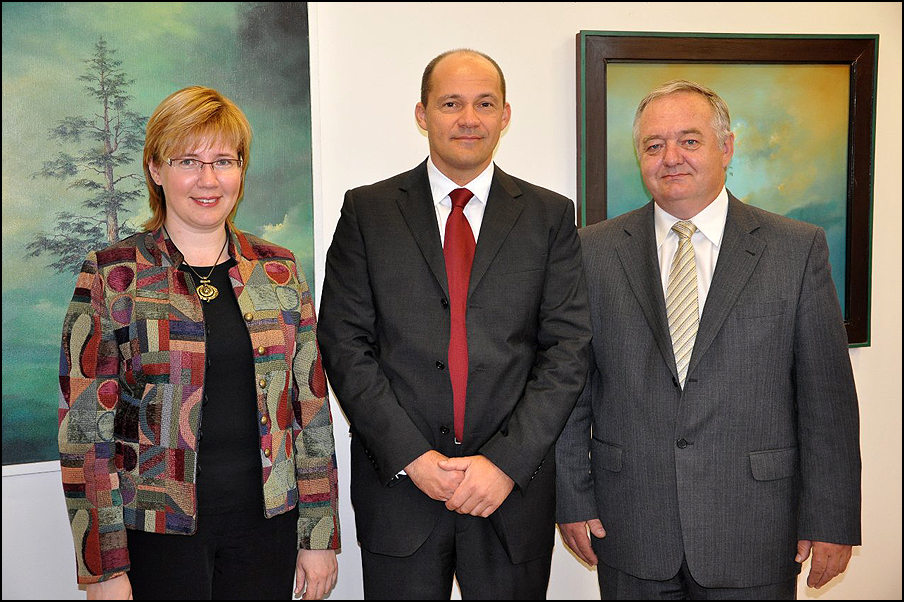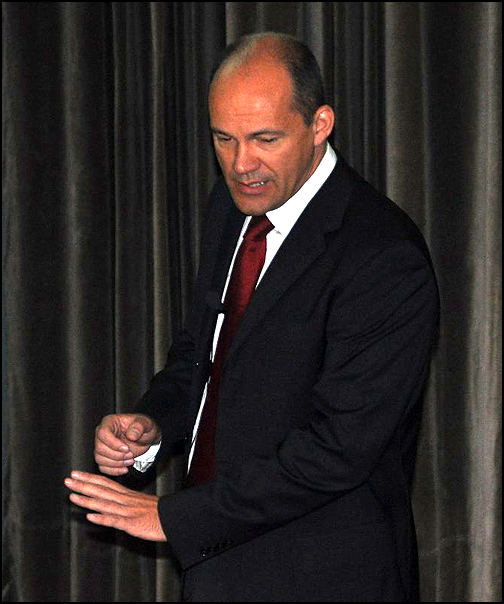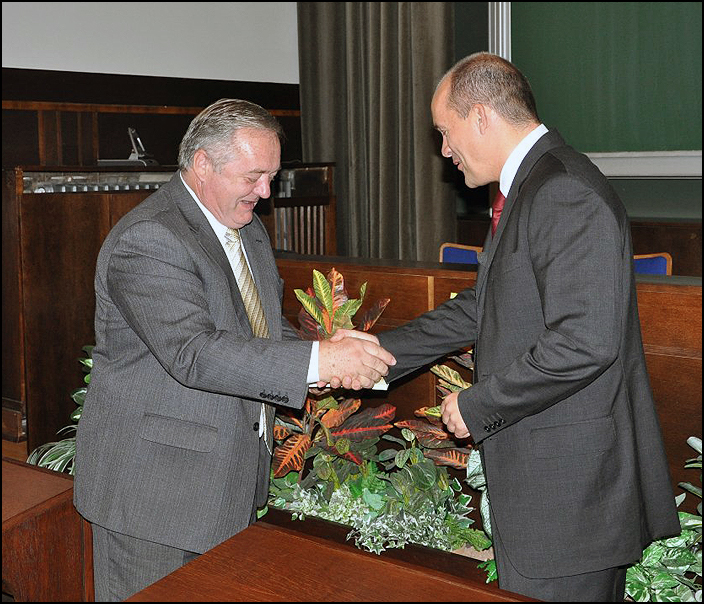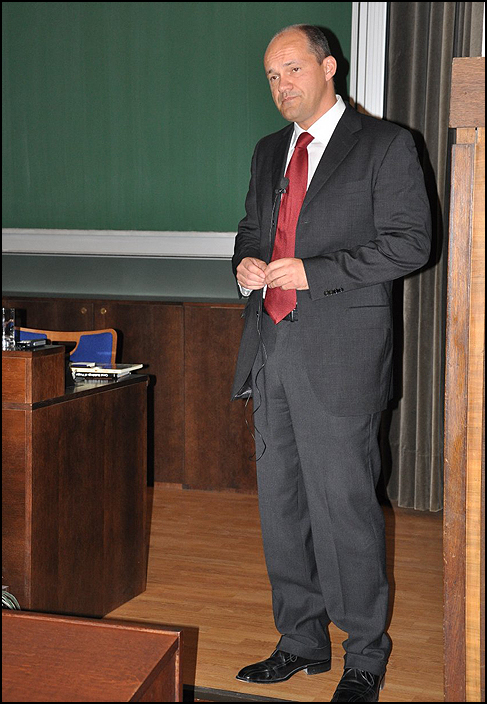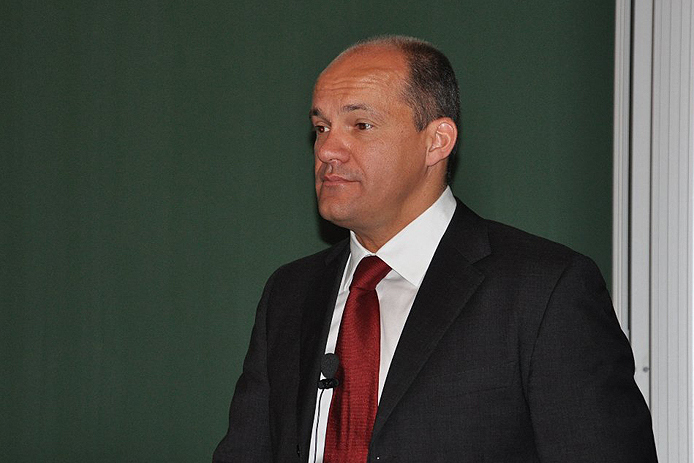
Prof. C. Oliver Kappe (University of Graz, Austria)
Microwave-Assisted Organic Synthesis: From Laboratory Curiosity to Standard Practice in 25 Years
Abstract
High-speed microwave chemistry has attracted a considerable amount of attention in the past two decades with new and innovative applications in organic/peptide synthesis, polymer chemistry, material sciences, nanotechnology and biochemical processes continuously being reported in the literature. In many instances, the use of microwave dielectric heating has been shown to dramatically reduce processing times, increase product yields, and to enhance product purities or material properties compared to conventionally processed experiments.[1-3] Since the first reports on the use of microwave heating to accelerate organic chemical transformations by the groups of Gedye and Giguere/Majetich in 1986, more than 4000 articles have been published in the area of microwave-assisted organic synthesis (MAOS).[3] The initial slow uptake of the technology in the late 1980s and early 1990s has been attributed to its lack of controllability and reproducibility, coupled with a general lack of understanding of the basics of microwave dielectric heating. The risks associated with the flammability of organic solvents in a microwave field and the lack of available systems for adequate temperature and pressure controls were major concerns. Since the late 1990s the number of publications related to MAOS has therefore increased dramatically to a point where it might be assumed that, in a few years, most chemists will probably use microwave energy to heat chemical reactions on a laboratory scale. Not only is direct microwave heating able to reduce chemical reaction times from hours to minutes, but it is also known to reduce side reactions, increase yields and improve reproducibility. Therefore, many academic and industrial research groups are already using MAOS as a forefront technology for rapid reaction optimization, for the efficient synthesis of new chemical entities, or for discovering and probing new chemical reactivity.
This lecture will highlight the basic principles of microwave chemistry and will focus on applications in the field of organic/medicinal chemistry, high-throughput synthesis and the question of scale-up of microwave-assisted reactions.
References
- Kappe, C. O. “Controlled microwave heating in modern organic synthesis.” Angew. Chem. Int. Ed. 2004, 43, 6250.
- Kappe, C. O.; Stadler, A. "Microwaves in organic and medicinal chemistry", Wiley-VCH, 2005.
- Kappe, C. O.; Dallinger, D.; Murphree, S. S. “Practical Microwave Synthesis for Organic Chemists”, Wiley-VCH, 2009.
